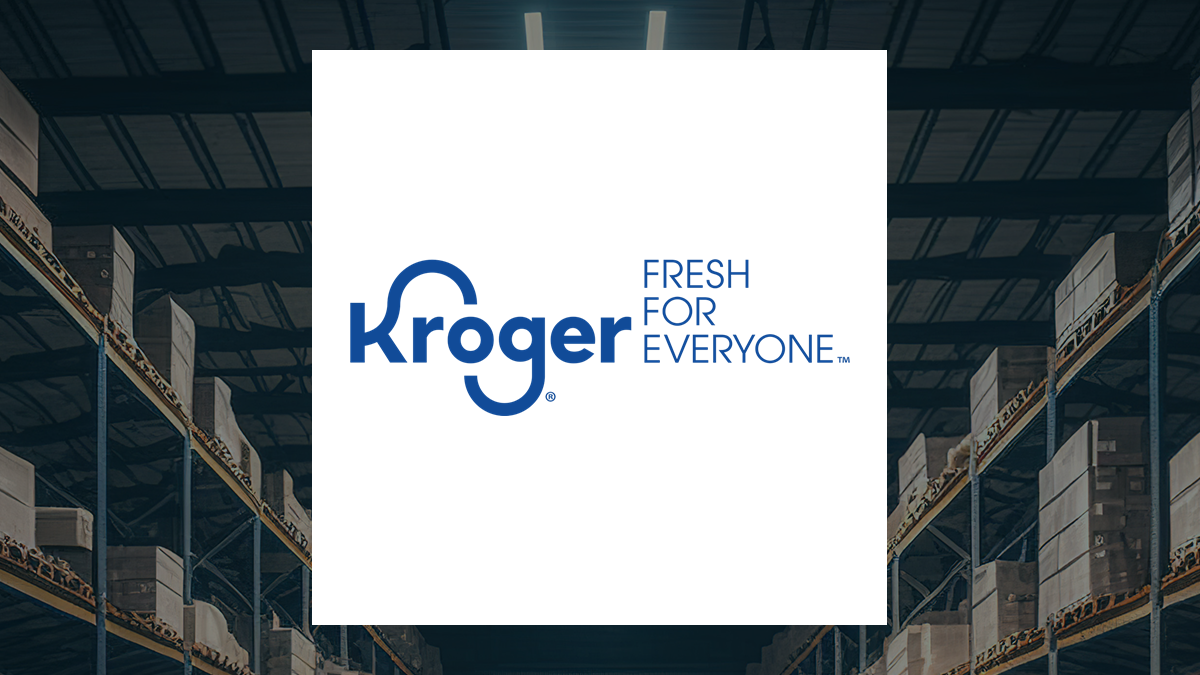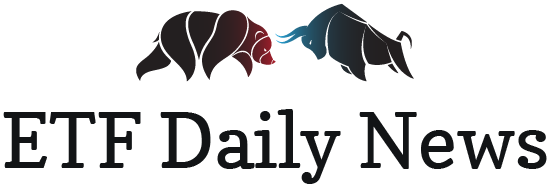 KR has shown strong revenue growth driven by digital sales and margin expansion, leading to increased net earnings per share. Management focuses on lower prices, promotions, and investment in wages for growth. Key metrics like safety rates and financial growth are improving, indicating value creation for shareholders. Risk assessment includes cybersecurity and legal challenges, managed through specific programs. Corporate governance highlights diversity and sustainability initiatives. Forward guidance considers economic factors and strategic transactions to achieve long-term goals effectively. Overall, the company prioritizes growth, profitability, and risk management for sustained success.
KR has shown strong revenue growth driven by digital sales and margin expansion, leading to increased net earnings per share. Management focuses on lower prices, promotions, and investment in wages for growth. Key metrics like safety rates and financial growth are improving, indicating value creation for shareholders. Risk assessment includes cybersecurity and legal challenges, managed through specific programs. Corporate governance highlights diversity and sustainability initiatives. Forward guidance considers economic factors and strategic transactions to achieve long-term goals effectively. Overall, the company prioritizes growth, profitability, and risk management for sustained success.
Executive Summary
Financials
Revenue growth has been strong over the past three years, driven by increased digital sales, margin expansion initiatives, and strong performance in alternative profit businesses. The company’s value creation model has supported consistent growth in adjusted net earnings per diluted share, showcasing resilience and sustainability in a challenging operating environment. Operating expenses have primarily consisted of employee-related costs, utilities, and credit card fees. Shipping costs from retail locations are included. Future economic conditions, including inflation and fuel prices, could impact expenses. Geopolitical events and pandemics could also affect spending. Overall, cost structures may fluctuate based on economic factors. The company’s net income margin is 6,788. It has improved from the previous period. Comparing to industry peers is not possible as their financial information is not provided in the context.
Management Discussion and Analysis
Management has focused on lower prices, personalized promotions, loyalty programs, and investment in wages to drive growth and improve profitability. These initiatives have been successful, as evidenced by strong financial performance, margin expansion, and growth in alternative profit businesses. Management assesses the company’s competitive position by focusing on customer connection, strategic pillars, and ecosystem monetization. They highlight market trends like e-commerce, changing customer preferences, and disruptions in the global supply chain. The major risks identified by management include regulatory changes, operational difficulties, and market risks. Mitigation strategies include commitment to ESG goals, collaboration with third parties, and monitoring market exposures.
Key Performance Indicators (KPIs)
Risk Assessment
External factors such as disease outbreaks, legal and government regulations, and environmental, social, and governance matters pose significant risks to the company’s operations and financial performance. KR assesses and manages cybersecurity risks through the Kroger Cybersecurity Risk Management program, Third-Party Cybersecurity Risk Management program, and Cyber Incident Response Plan. These initiatives monitor threats, assess controls, and integrate cybersecurity practices into overall risk management processes. Yes, the company faces potential legal issues from pending litigation and regulatory challenges that could impact its financial position and reputation. They are addressing these issues by making provisions where possible and continuously evaluating and managing their exposure to loss contingencies.
Corporate Governance and Sustainability
The board of directors is composed of executive officers who have held office for at least five years. No notable changes in leadership or independence were mentioned in the provided information. KR addresses diversity and inclusion through a Framework for Action, focusing on creating an inclusive culture, developing diverse talent, and advancing equitable communities. However, there is no explicit mention of a commitment to board diversity in the context provided. KR discloses sustainability initiatives such as managing climate impacts, setting ESG goals, and tracking safety metrics. It demonstrates commitment through renewable energy use, partnerships with third parties, and labor relations management.
Forward Guidance
The company’s forward-looking guidance addresses its strategic initiatives and priorities by highlighting potential risks and uncertainties that may impact their ability to achieve their goals and execute their financial strategy. This includes factors like changes in economic conditions, tax laws, and pending items with taxing authorities. KR is factoring in market conditions, such as liquidity and sales goals, to plan its financial strategy and potential transactions like the nationwide opioid litigation settlement and the proposed transaction with Albertsons, in order to achieve its goals. The company’s focus on maintaining a close to fully-funded status with an LDI strategy and the use of fixed income instruments align with their long-term growth and competitiveness goals.
For more information:
This article was created using artificial intelligence technology from Klickanalytics.
